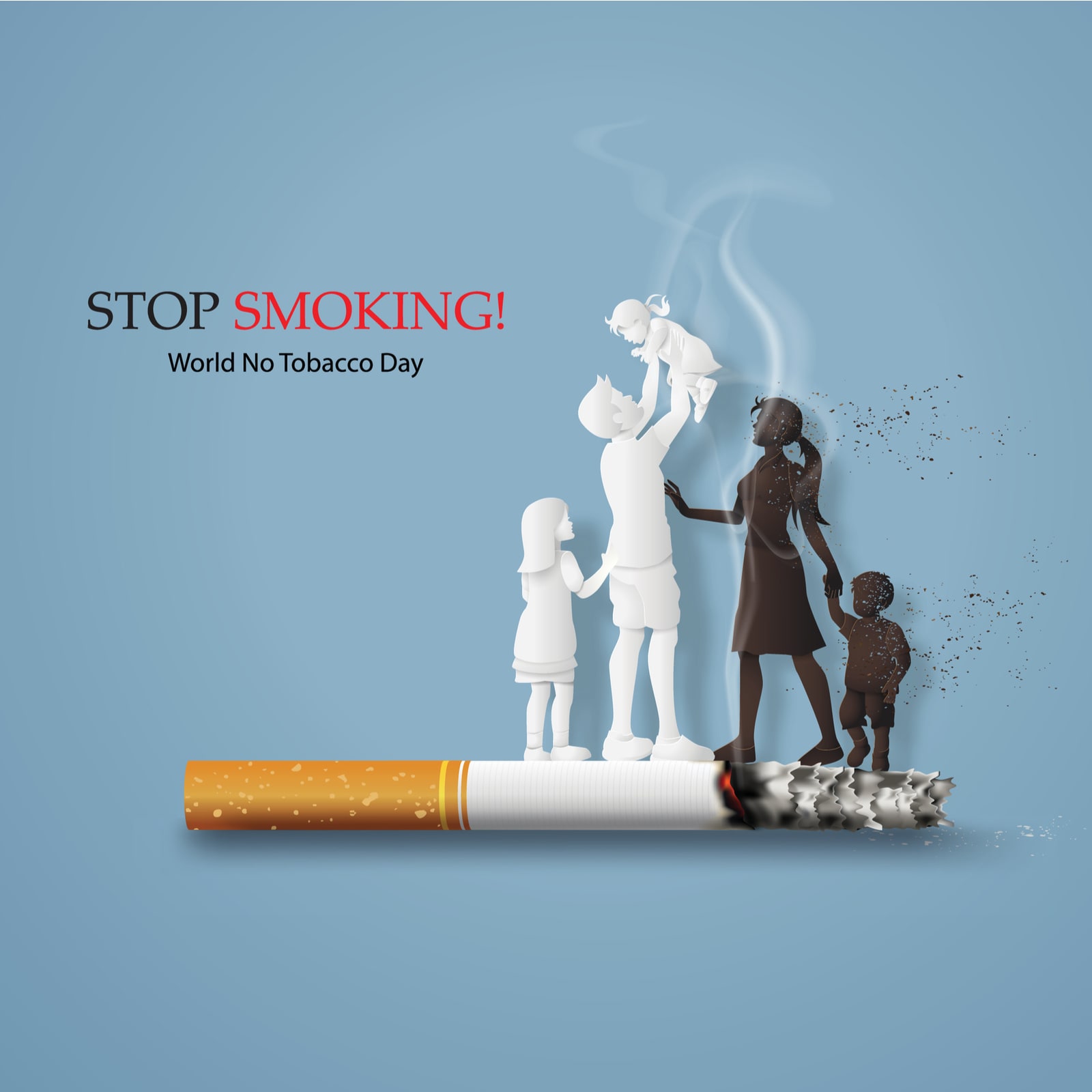WHO recommends smokers to consider quitting smoking as quitting helps the lungs and heart to work better from the moment you stop. (Representative image: Shutterstock)
World No Tobacco Day 2022: Many experts have suggested that smokers are at a greater risk of contracting the virus when compared to a nonsmoker
WORLD NO TOBACCO DAY 2022: Tobacco consumption is a leading cause of cancer around the world and according to the World Health Organization (WHO), tobacco consumption kills 8 million people around the world each year. So, to raise awareness about the harmful effects of tobacco consumption Anti-Tobacco Day / World No Tobacco Day is observed on May 31 every year around the 193 United Nation member states of the world.

With the ongoing COVID-19 pandemic there has been a debate about the relation between smoking and COVID-19. Many experts have suggested that smokers are at a greater risk of contracting the virus when compared to a nonsmoker.
So, what is the truth about these claims?
According to WHO, while there may be no clear indication of a relationship between the COVID-19 virus and smoking, tobacco smokers may be more vulnerable to contracting COVID-19, as the act of smoking involves contact of fingers with the lips which increases the chances of possible transmission of the virus.
Moreover, smokers are at higher risks when it comes to the effects of the virus in the body as smoking can weaken your lung capacity and a weak lung may not be able to fight the attack of the COVID-19 virus. Having a history of smoking may substantially increase the chances of adverse effects including being admitted to intensive care, requiring mechanical ventilation and suffering severe health consequences.
WHO recommends smokers to consider quitting smoking as quitting helps the lungs and heart to work better from the moment you stop. Within 20 minutes of quitting the elevated heart rate and blood pressure drops. After 12 hours the carbon monoxide levels in the blood drop down to normal levels. Within 2 weeks the blood circulation and lung function improve.
Smoking is already known to be a risk factor for various lungs related complications including lungs cancer, tuberculosis among many others. For tuberculosis, more than 20 per cent of the cases are related to the effects of smoking.























